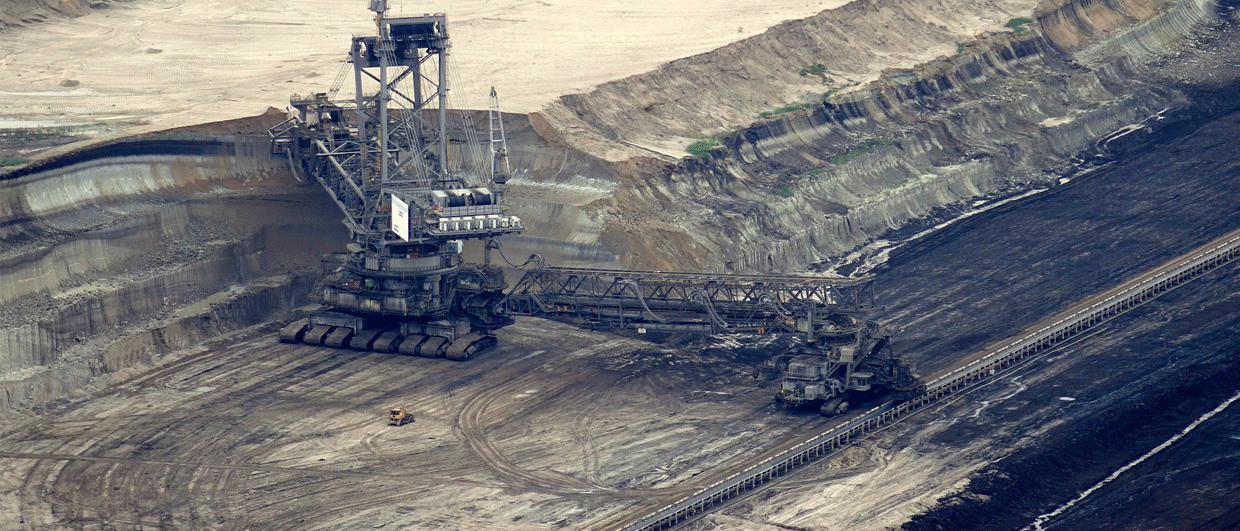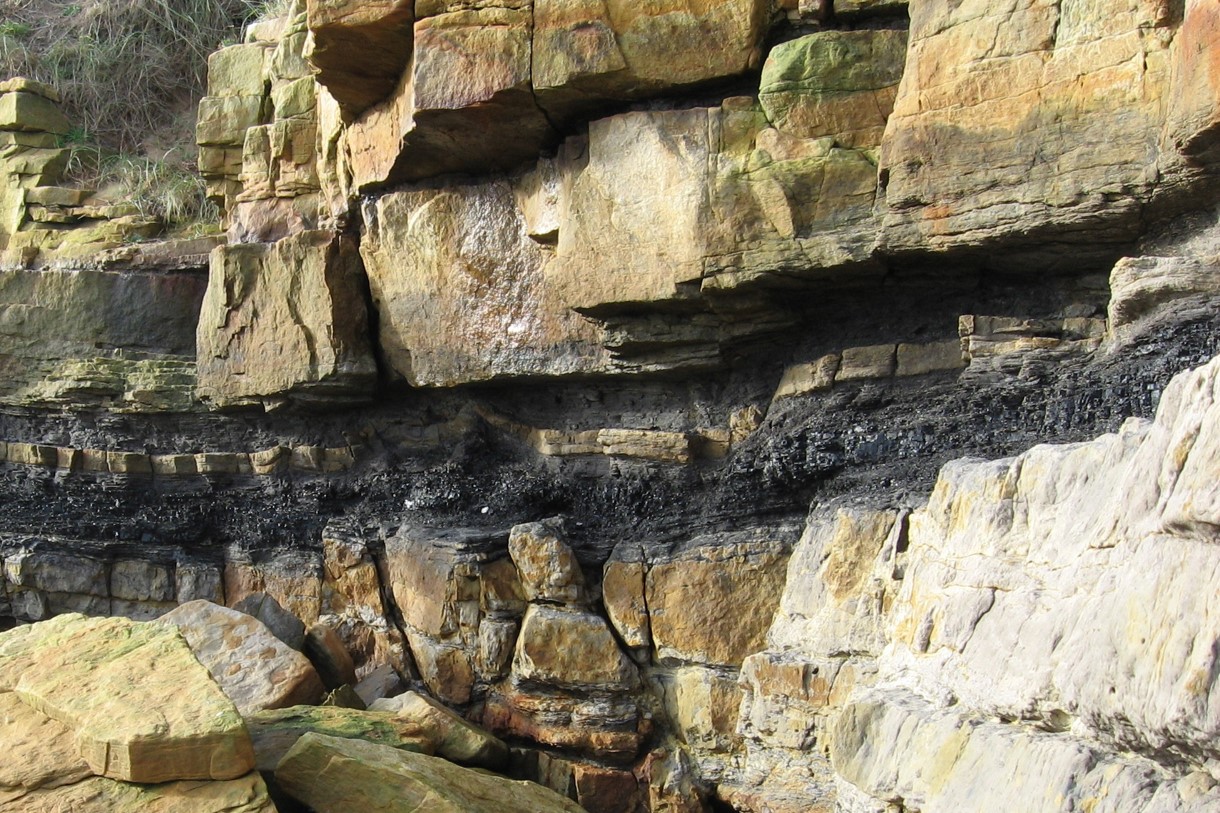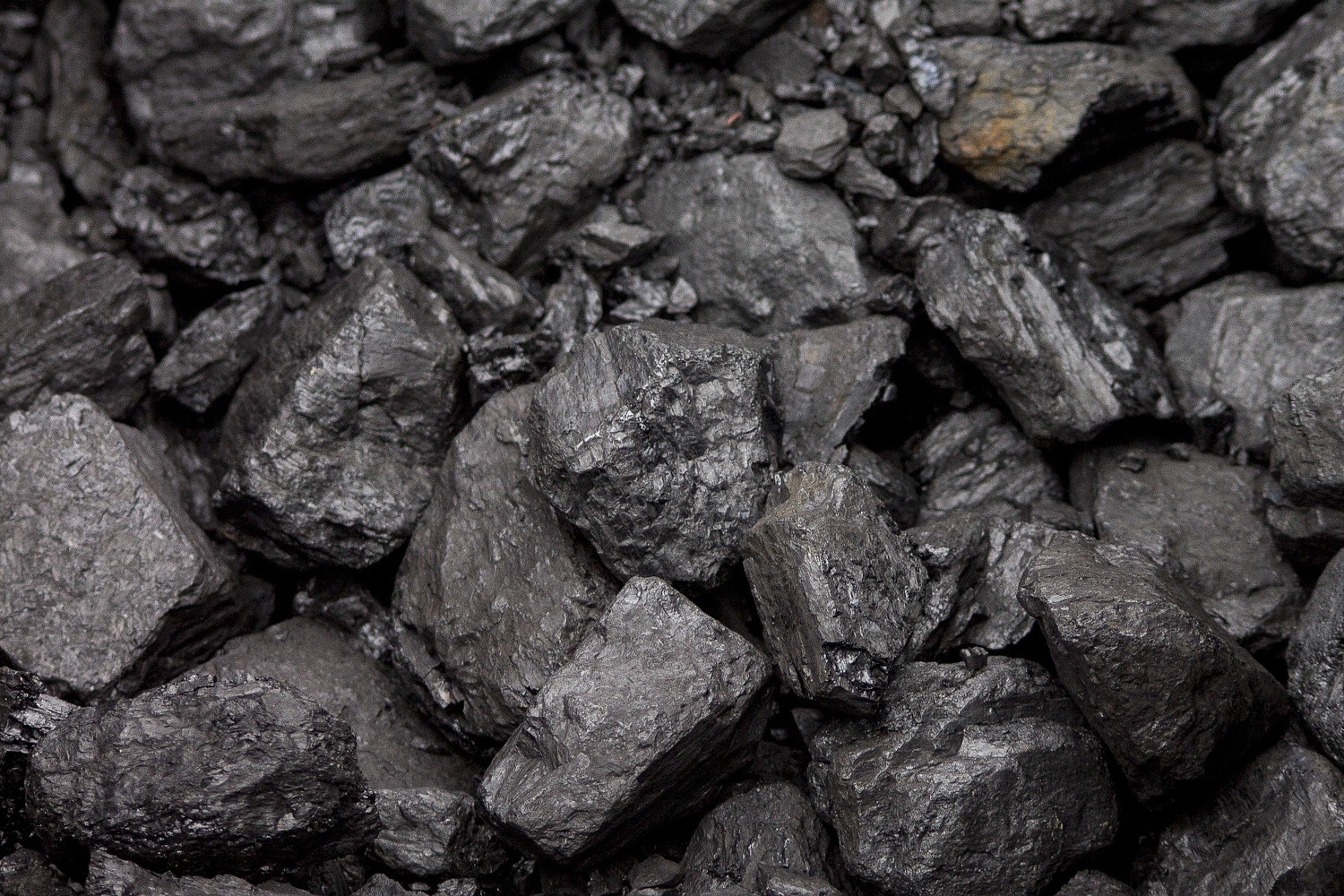If oil and gas are dirty words when talking about energy, it is even more dangerous to mention the c*** word. However, despite the rapidly rising share of renewables in the energy mix, the consumption of coal across the world has only increased in recent years, with Asia taking the lion’s share. And with a reserve base that will last for between 100 and 150 years based on current production rates, it is certain that coal has not lost its importance, especially when it comes to fast-growing economies such as China and India.
This begs the question, even though the reserves are much more robust for coal than for oil and gas, is there any exploration for coal ongoing at the moment to further increase reserves?
Challenges and trends in coal exploration
It is not something I write about often, in fact, this is the first time ever I write about coal exploration. In order to familiarise myself with what is happening in this realm, I took to the website World Coal, which hosts a section on exploration and development. Scanning through the content, a few things emerged.
First of all, the main story in this section was about the UK government intending to introduce a ban on new coal mining licences, as announced in mid-November. This is interesting because only two years ago, a licence was granted to the future operators of a new mine in Cumbria in the northwest of the country to mine coking coal that is mainly used in the process of steel making. It nicely shows how complicated and unpredictable the business landscape has become in the UK when it comes to developing new projects of this kind.
In other countries, starting new operations does not seem to be that complicated. South Africa, Colombia, India, Australia and Zimbabwe are the places that feature in the articles that mostly appeared in 2023. All of these articles are, however, discussing either project expansions or starting new ones for which the resource seems to be well known already.
In addition to the article mentioned above, the website only published one other article in the Exploration and Development section throughout this year. Whether that means that there is not that much to report on in 2024 in terms of new projects is something that would require a more detailed investigation.
But what seems apparent is that genuine coal exploration, where a new resource is being found, is not something that is reported on by World Coal. At least not in recent times.
This may very well expose a few big differences between hydrocarbon and coal exploration. First, the world’s coal resources are well-mapped and do not require continuous exploratory work to replace reserves. Secondly, as coal needs to be at a mineable depth, exploration will always be less costly than high-impact deep-water wells drilled on the world’s continental shelves and, therefore, won’t be attracting that much media attention.




